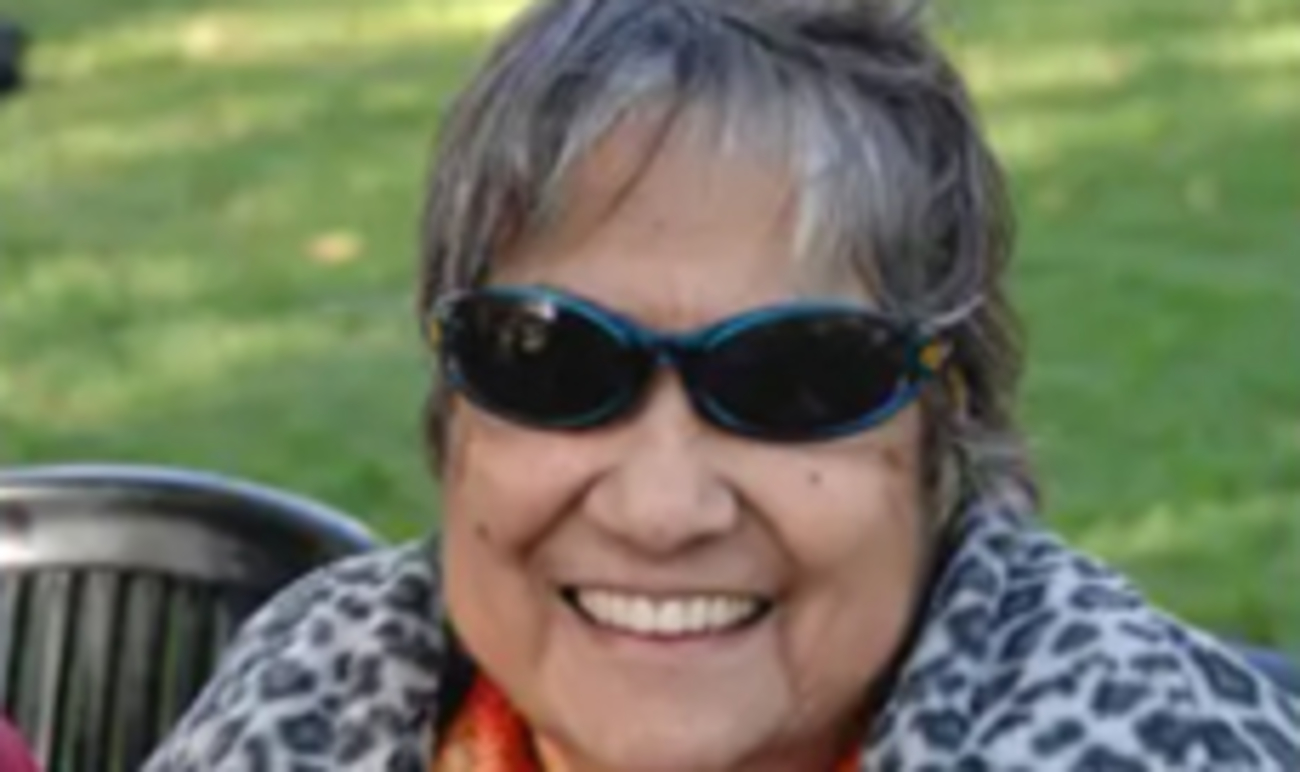Most people have heard of the Stolen Generations and its impacts. But few know about another equally insidious policy that has also inflicted harm across many generations. This policy was called Aboriginal Exemption. It is a painful chapter in our nation’s history that is marked by secrecy, loss, and hardship and one which remains largely unknown.
Imagine the heartbreak of walking past family members in public and ignoring them as if they were complete strangers? Exemption meant not associating with Aboriginal people.
Imagine the despair, if you knew people who had been gaoled for speaking the language of your ancestors? Exemption meant speaking only in English.
Imagine the fear of a police officer knocking at your door to check the cleanliness of your kitchen? Exemption meant always being ‘Clean, Clad and Courteous’.
Aboriginal people both despised and supported exemption. Many derisively called the certificate of exemption a ‘dog licence’, ‘a dog tag’ or ‘beer tickets’ and refused to apply for one. Others saw potential benefits of exemption. They accepted the hefty personal cost of compliance and carried a card that held shameful connotations.
Beer tickets
Aboriginal people sometimes referred to exemption certificates as beer tickets because by having one you were allowed to have a drink in a public bar.
So why did Aboriginal people seek exemption?
Before 1967, most First Nations Australians were classed as wards of the state and lived on reserves or ‘missions’. One way to escape this oppression was to apply for exemption to live independently.
Exemption promised everyday freedoms and choices, including access to education, health services, housing, employment, and public venues such as swimming pools and pubs. It kept children safe away from the welfare. Achieving and maintaining exemption varied from state to state, but it was difficult everywhere, and far from just.
A new book edited by Lucinda Aberdeen and Jennifer Jones seeks to end the silence about exemption by uncovering the motivations and lived experiences of exemptees and their families. Black, White and Exempt: Aboriginal and Torres Strait Islander Lives Under Exemption is a research collaboration led by Aunty Judi Wickes and Aunty Kella Robinson who both have lived experience of exemption.
Aunty Judi is a quietly determined researcher who uncovered her Aboriginal heritage when she found her grandfather’s certificate of exemption in an old and worn-out leather wallet. Her beloved Pop had disguised his cultural heritage to protect his family, using his exemption certificate as a ‘passport’ to an independent life. Every morning he tucked it into his breast pocket, right next to his heart.
Aunty Kella’s research is motivated by her large family and community out west in New South Wales; ‘her mob’ stands behind her, eager to hear what she finds. Her grandfather was a boss drover, a proud and capable man who enjoyed a quiet beer with his white mates. His exemption certificate was always ‘at-the-ready’ to prove his entitlement to stand at the bar.
Exemption gave Kella and Judi’s Aboriginal families a chance to get out from under the ‘foot of the welfare’. Recovering this difficult history empowers the descendants of other exemptees to find and reclaim their cultural heritage. Now is the time for Australia to begin to heal by learning about this hidden chapter of our history.
Exemptees were forced to make terrible decisions to gain independence and protect their families. What would you do to protect yours?
This story was written by Jennifer Jones, Lucinda Aberdeen and Kat Ellinghaus.
The authors of Black, White and Exempt: Aboriginal and Torres Strait Islander lives under exemption discuss a lesser-known part of Australia’s dark histories: Aboriginal Exemption.
The community website, ‘The Burden of Freedom? A History of Aboriginal Exemption Policies in Australia’, offers a discrete online avenue to assist community members in their own research into family histories of exemption.
